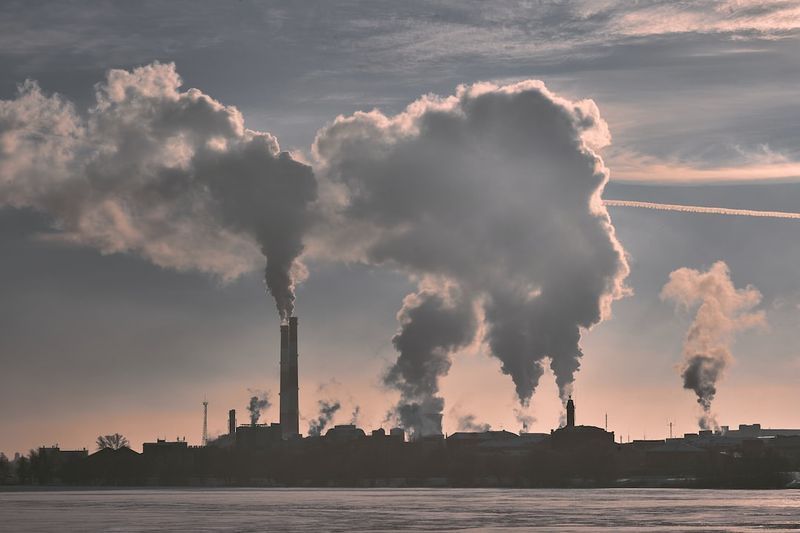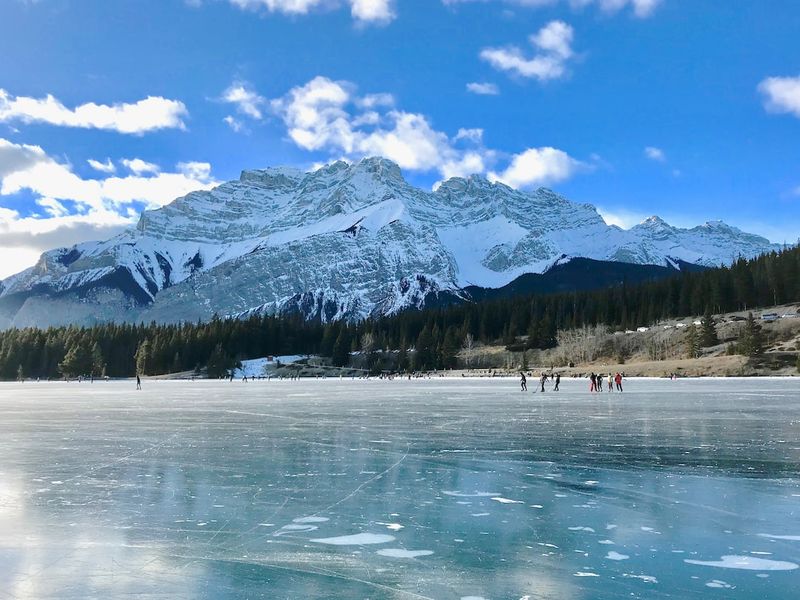Philadelphia City’s Response to Air Quality Alert
City officials in Philadelphia, Pennsylvania, provided an update on Thursday, June 8, 2023, on the city’s response to poor air quality due to wildfire smoke from Canada. Philadelphia Mayor Jim Kenney reported that the smoke from the wildfires traveling along much of the East Coast is potentially dangerous. Therefore, the city directed non-emergency personnel to avoid working outdoors beneficial in taking additional measures to minimize the impact on the public. “The health of our residents and workers is paramount, so please take good care of yourselves, and look out for each other,” Mayor Kenney warned.
Impacts
The wildfire smoke has led to impacts on various city services to ensure personnel avoid working outdoors. Outdoor operations such as trash and recycling collections, mechanical cleaning, paving, traffic, street lighting, and repair services have been suspended. Due to air quality conditions, School Crossing Guards’ hours for coverage on June 8 have been reduced to permit crossing guards to cross students during the most critical times connected to both the start of the school day and dismissal.
Moreover, outdoor programs and permitted events at parks and recreation sites are canceled or moved indoors in Philadelphia Parks & Recreation (PPR). Recreation centers are open until 9 p.m. during this period. However, the city recreation buildings are open to the public and offer a safe indoor alternative during periods of poor air quality.
Regarding pets, dog owners were advised not to strenuously exercise their dog outside, particularly senior dogs, immunocompromised dogs, and brachycephalic dogs. Pet birds should be brought inside if possible as they are sensitive to air quality, and fresh water should be put outside to help wildlife.
Guidance for Residents
The Health Department in Philadelphia warns residents that the smoke in the air from the fires in Canada can still be dangerous and, therefore, advised them to continue to take precautions until air quality improves. As the smoke moves through the region, some parts of Philadelphia may experience significantly worse air quality.
The latest information and recommendations are available to view in the City’s blog post. They can also contact the city’s Homeless Outreach hotline at (215) 232-1984 if they are concerned about someone on the street or call Philadelphia Fire EMS at 911 for emergencies. Masks are available free of charge at different locations indicated by the health department’s resource hubs and starting at 4 p.m. at the Philadelphia Police Districts and Fire Department stations.
Editorial and Advice
Philadelphia’s response to the poor air quality due to wildfire smoke from Canada highlights the significance of prioritizing public health during a crisis. In such cases, it is essential for decision-makers and city officials to consider the safety of citizens and the provision of alternative measures to curtail the eventualities resulting from the crisis.
In this situation, it is advisable for residents to prioritize their health and minimize outdoor activities, chiefly among vulnerable groups such as the elderly and young children. While the measures are precautionary, it is better to be safe than sorry as one’s health should be sacrosanct above all.
Moreover, government officials and policymakers should ensure that long-term policies and alternative measures can avoid and curtail crises, considering the current wildfires’ impact nationwide. Addressing the underlying issue is crucial rather than just responding to the after-effects of wildfire smoke.
The media and the government officials should emphasize the importance of climate action to reduce greenhouse gas emissions that drive climate change, causing wildfires. The government should put in place stringent measures to protect the population from being exposed to dangerous air pollution levels by integrating local, state, and federal measures.
In conclusion, we should prioritize our health and work collaboratively to reduce greenhouse gas emissions that arise from human activities such as production and transportation. This can help avert frequent crises that impact air quality globally.

<< photo by Markus Distelrath >>
You might want to read !
- How Dangerous is the Air We Breathe? A Look at the City’s Response to Air Quality Alert.
- The Cost of Poor Air Quality: Philadelphia Residents Stay Indoors During Code Red Warnings
- “Why Air Purifiers Are Must-Have Home Appliances Amidst Growing Pollution Concerns”
- Philadelphia’s Air Quality Crisis: Understanding the Root Causes and Seeking Solutions
- Montana’s “Unofficial Ambassador” Criticizes State’s Reckless COVID Response
- “The Deadly Fentanyl Epidemic: Understanding Its Impact on National Health”
- Why “Transformers: Rise of the Beasts” Might Disappoint Long-Time Fans
- Why Air pollution could threaten the 2023 Belmont Stakes Triple Crown Finale
- EXPLORING THE IMPLICATIONS: Trump’s Indictment on Seven Criminal Counts.




